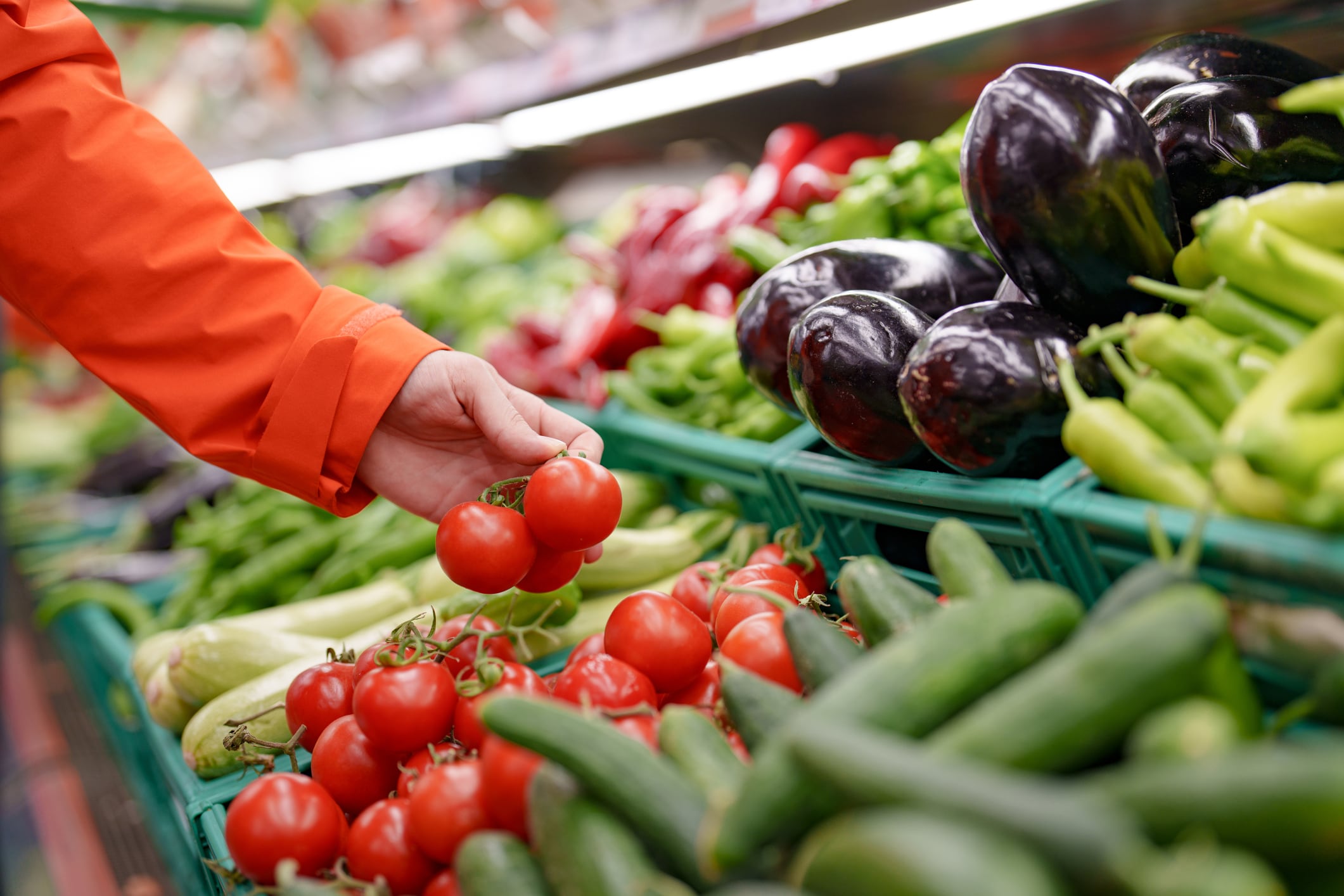The company announced its strategic expansion into Mexico in October 2024 where it began exporting avocadoes from Mexico to the US.
It has grown approximately 500% since. Today, business from Mexico accounts for 90% of the firm’s total revenue.
“We started from a low base, around $300,000. Now, we’re roughly at $3 million and aiming for $30 to $40 million, probably within a year. If you think about it, this is a drop in the ocean because the value of this market is $150 billion a year. A company like ours is just getting into the picture, so we’ll see that growth momentum still,” said Gary Loh, DiMuto founder and chief executive.
“We believe the value proposition we offer is clear: you get exactly what you want at the same price. And in the end, our suppliers still provide the same goods, but they get paid faster. That’s the value we bring,” he told AgTechNavigator.
The increasing demand of imported fresh produce in the US will be one of the major drivers for the company.
“In the US, about 60% of fresh produce is now imported. Domestic production has actually declined compared to what the country is buying. I believe this trend will continue, with more fresh produce coming into the US from Latin America,” said Loh.
In the next six to 12 months, the company will focus on expanding its export footprint in the US.
Enhancing clarity with technology
The Singapore-based company leverages blockchain, artificial intelligence, and Internet of Things (IoT) technologies to digitise and optimise the global agrifood supply chain, providing transparency to the often-opaque industry.
For example, it has developed Digital Asset Creation (DACKY) Devices, IoT-enabled devices that capture detailed images of each carton of produce.
This information is then uploaded to DiMuto’s platform, ensuring accurate and accessible records throughout the supply chain.
“Growers can show what they are shipping and deliver it with the quality that we assure. This enhances the trust factor,” said Loh.
Its tools are well-suited for navigating a complex market like Mexico and the wider LATAM region.
“The way Mexico is organised, certain regions are controlled by different growers. For example, areas like Michoacán and Jalisco, are actually under cartel control in some places. The complexity on the ground is a significant challenge to overcome. And we saw the opportunity to apply our technology,” said Loh.
The business in Mexico has been a very successful case study for DiMuto and it now exports mangoes and grapes as well.
Furthermore, it has expanded operations to the other South American countries, including Brazil, Colombia, Ecuador, Peru, Chile, and Argentina.
Like Mexico, the agricultural landscapes in these countries are also complex, where even travelling around the area is difficult.
“The socio-political issues are definitely the underlying issues of many challenges in LATAM. They make things less transparent, which in itself creates a lot of difficulties,” said Loh.
Aside from that, the company helps to improve communication with its data.
“There are challenges in communication and we turn language into data and let the numbers speak for themselves,” said Loh.
Being able to replicate what it has done in Mexico the other LATAM markets has been a great achievement for the young company.
“I think that was definitely one of the key success moments for us. It showed that we were gaining traction, not just by putting the technology to work, but by delivering quality products and ensuring, as you mentioned, availability to a major market like the US,” said Loh.

“The messy middle”
In the agrifood trade, one of the primary challenges is operational inefficiency, said Loh.
This includes issues such as poor communication, inadequate quality checks, delivery errors, temperature control problems, and inconsistent quality assurance.
These operational shortcomings directly impact payments, as any issues directly affect the end price. This creates a significant barrier to financial stability and trust.
Loh describes this as “the messy middle”, where buyers and sellers frequently point fingers at one another and create an environment where trust is lacking and disputes are common.
Without a reliable, shared system of truth, the industry remains mired in inefficiencies and misunderstandings, he said.
Loh believes the solution lies in technology and data in helping to collect data and build trust over time.
“This is what I see as a big area. Every trade we do builds towards that other side of the coin.”
The end result would be a more transparent and reliable system, which will also lay the groundwork for better credit assessments and convince financial institutions to enter this space.


